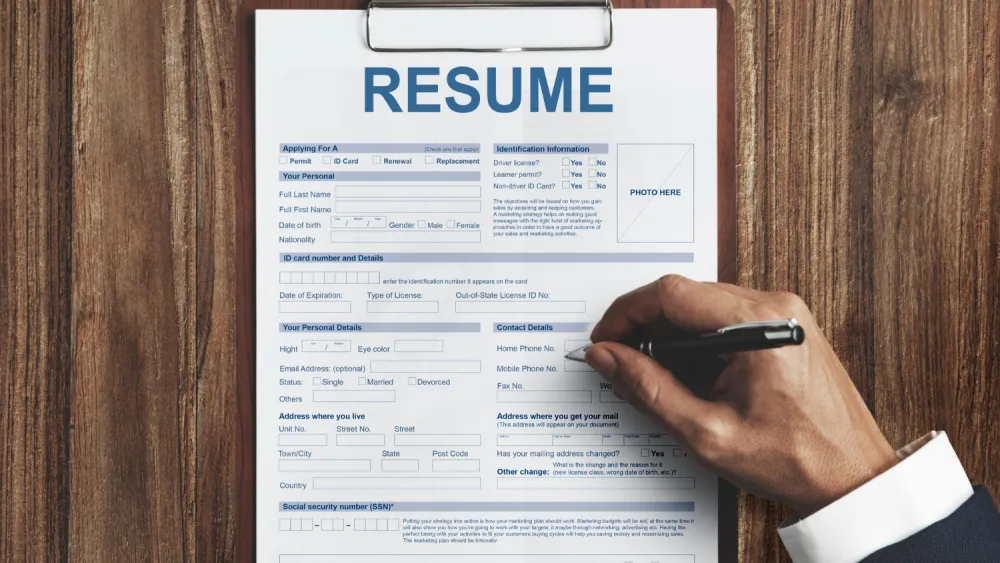
MBA admissions fall on tech mismatch
There have been more female and overseas applicants in Hong Kong.
Master of Business Administration (MBA) enrollments in Hong Kong fell by a fifth last year, reflecting a mismatch between traditional programmes and demand for skills to lead and manage tech-driven industries.
“Students are increasingly focused on emerging sectors such as technology and sustainability, indicating a desire to align their careers with contemporary challenges and innovations,” Justin Law, a senior lecturer at Hong Kong Polytechnic University (PolyU), told Hong Kong Business.
MBA providers also reported rising interest in nontraditional sectors such as media, fashion, and education, along with stronger demand for specialised, career-focused learning, according to the latest Hong Kong Business MBA survey.
Enrollment at the six MBA providers that participated in the survey dropped 21% to 1,214 from a year earlier.
Hong Kong is trying to boost its position as a key hub for green finance and ESG (environmental, social, and governance) initiatives, according to BusinessBecause Ltd., a source of information for business school applicants.
Employment vacancies in education, retail trade, and the arts, entertainment, and recreation fell 26%, 30%, and 29%, respectively, last year, according to the Census and Statistics Department.
The University of Hong Kong (HKU) led the MBA survey with 708 enrollments, followed by the Chinese University of Hong Kong (CUHK) with 223 students and Hong Kong Management Association with 156 students.
Hong Kong Baptist University (HKBU) had 127 students and Hong Kong Polytechnic University had 65. Also on thed list is the University of Manchester-East Asia Centre, whose part-time MBA programme runs for two to five years.
For the 2022-2023 school year, 93% of MBA graduates from the University of Hong Kong got employed, with 97% finding jobs in the Asia-Pacific region. Nearly half (43%) of these graduates joined the financial sector, according to HKU’s latest career report.
At the Chinese University of Hong Kong, 92% of full-time MBA graduates got employed within three months of graduation at firms such as Accenture, Deloitte, Visa, and Volkswagen, based on its 2022 graduate employment report.
MBA applications in the Asia-Pacific region rose 26% last year, spurred by a 40% surge in domestic applications, according to the US-based Graduate Management Admission Council (GMAC).
The Hong Kong Polytechnic University reported increased interest in leadership development and global learning opportunities.
PolyU has increasingly accommodated professionals from diverse backgrounds beyond traditional business sectors, with enrollees coming from fields such as fashion, media, education, IT, and healthcare.
“This variety enriches classroom discussions and fosters a collaborative learning environment, allowing students to share unique perspectives from their respective industries,” Law said.
'More female applicants'
He also said more students seek accelerated and customisable programmes. “They want to complete their degrees in shorter time frames to quickly adapt to changing job markets.”
At University of Manchester-East Asia Centre, the focus is on flexibility and market relevance.
“Our academic and managerial teams have worked diligently to refine the programme on a continuous basis,” Olivia Chan, director of the East Asia Centre at the university, told Hong Kong Business. “Recently adding one more core course brings the total to seven.”
The program, which lends online and offline learning, allows students to balance studies with work and family.
MBA providers also cited more female and overseas applicants.
“This shift has resulted in a more varied and inclusive student body of the CUHK MBA programme, promoting cross-cultural exchanges and preparing our students to navigate the complexities of the global business landscape,” said Angie So, acting assistant director of communications, students, and stakeholders team at CUHK.
CUHK regularly updates its MBA curriculum to ensure relevance, said Albert Yip, head of marketing and admissions at CUHK.
“By incorporating industry-relevant content, fostering partnerships with industry leaders, and adapting to changing demands, we strive to deliver a dynamic and impactful educational experience for our students,” he added.
Meanwhile, the University of Manchester-East Asia Centre has maintained consistent interest from at least 15 nationalities and 20 industries.
“Our programmes continuously provide great upskilling and continuous learning and networking opportunities for professionals, entrepreneurs, and middle to senior corporate executives,” Chan said.
“International expats based in the East Asia region have been the main drivers of our student body, followed by managerial executives seeking knowledge to expand their company’s or business’ scope to a wider and more sustainable regional base,” she added.



















 Advertise
Advertise






